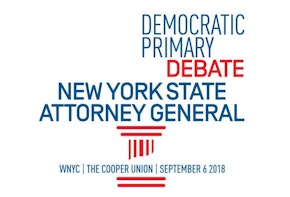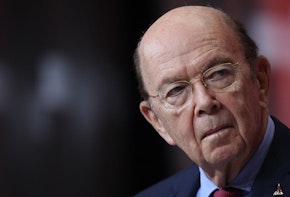The unitary executive theory argues that the president has virtually complete and total executive power that is unchecked by Congress or the courts. This controversial theory has been invoked repeatedly by the Bush administration in justification of its boldest actions, both at home and abroad. It is touted by its adherents as being the intent of the founders, even though it eliminates many checks and balances that long have been considered a mainstay of our system of government. How could such a powerful and influential theory have flown under the radar for so long, only to rise to such prominence? Is the unitary executive truly what the founders wanted? And what is the legacy of such a presidency?
In Absolute Power, John P. MacKenzie looks at the origins and history of the unitary executive theory, examining its broad claims of presidential power in the light of the founders’ original writings as well as the actions of Presidents Jackson, Lincoln, Franklin Roosevelt, and Truman, all of whom tested the power of their office against that of Congress and the Supreme Court.
Arguing that the theory is historically baseless and relies on a misreading of the Constitution and The Federalist Papers, MacKenzie raises troubling questions about the lasting legal consequences of a presidency endowed with almost monarchic power. Because future presidents must confront the same concerns of power and governance, he argues, candidates for the office must demonstrate that they understand the issues and are willing to live with shared power.





